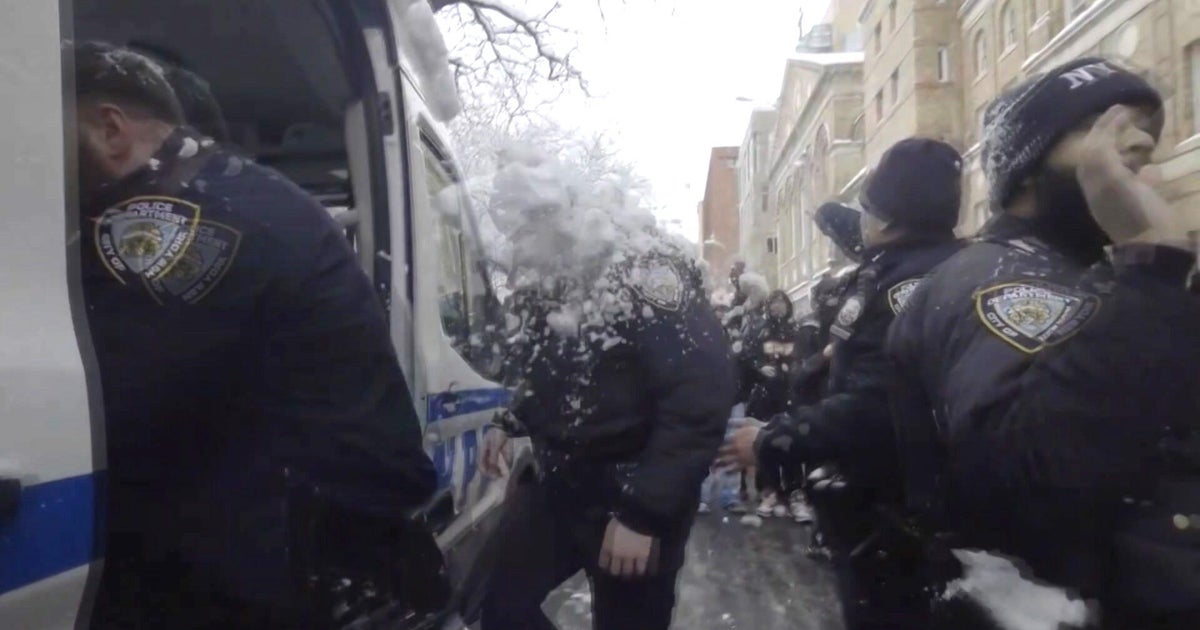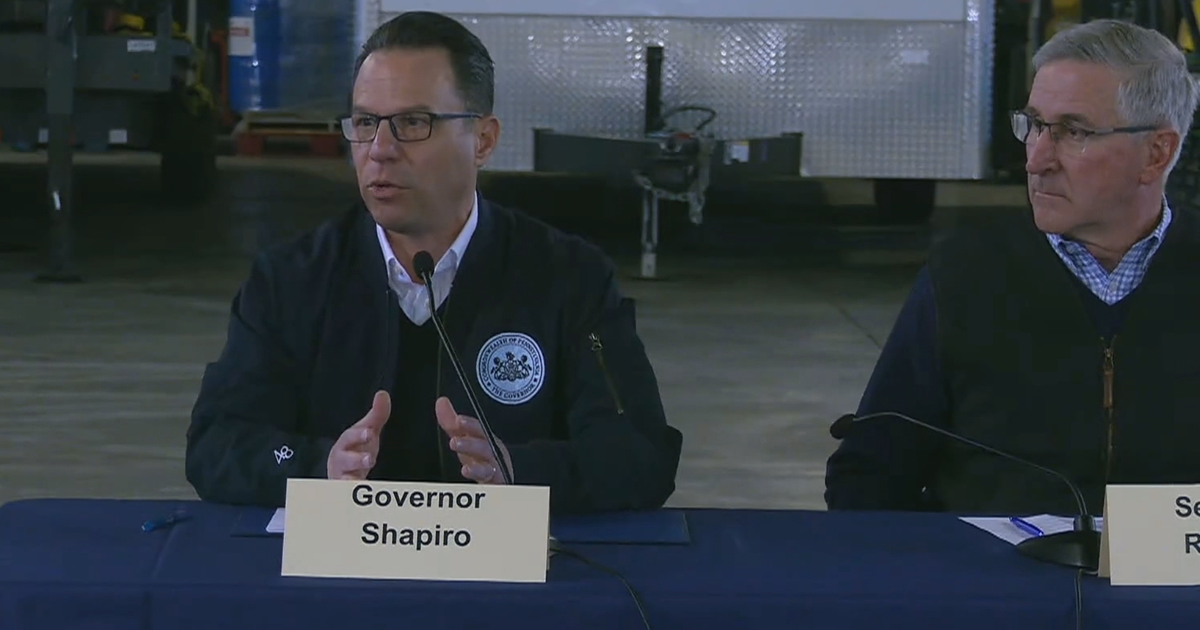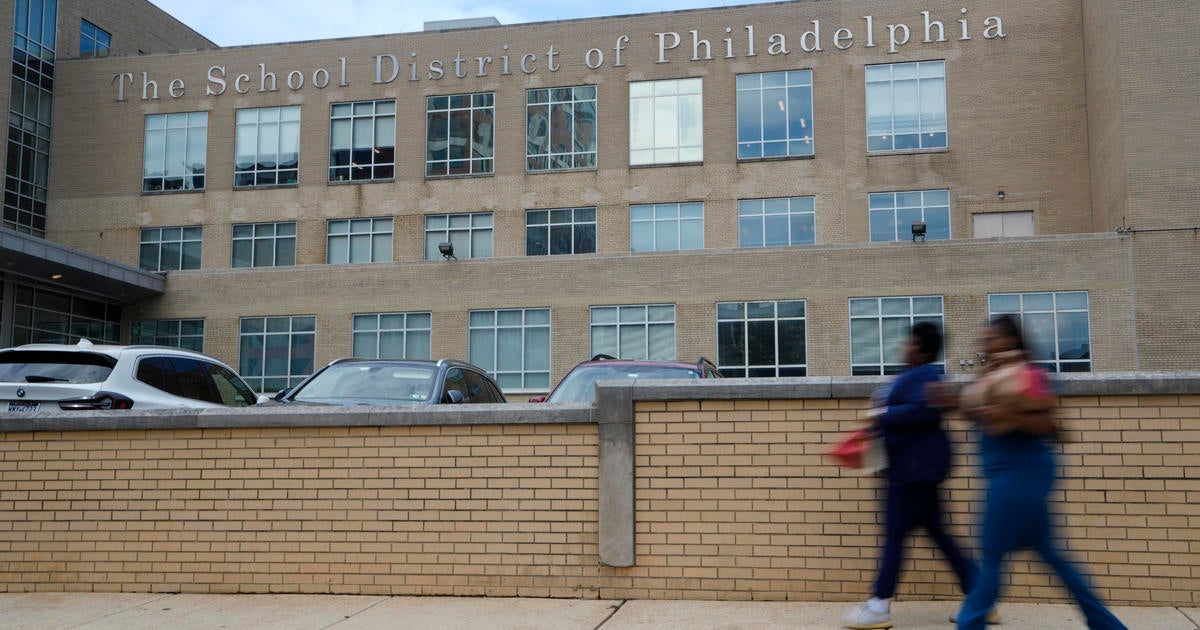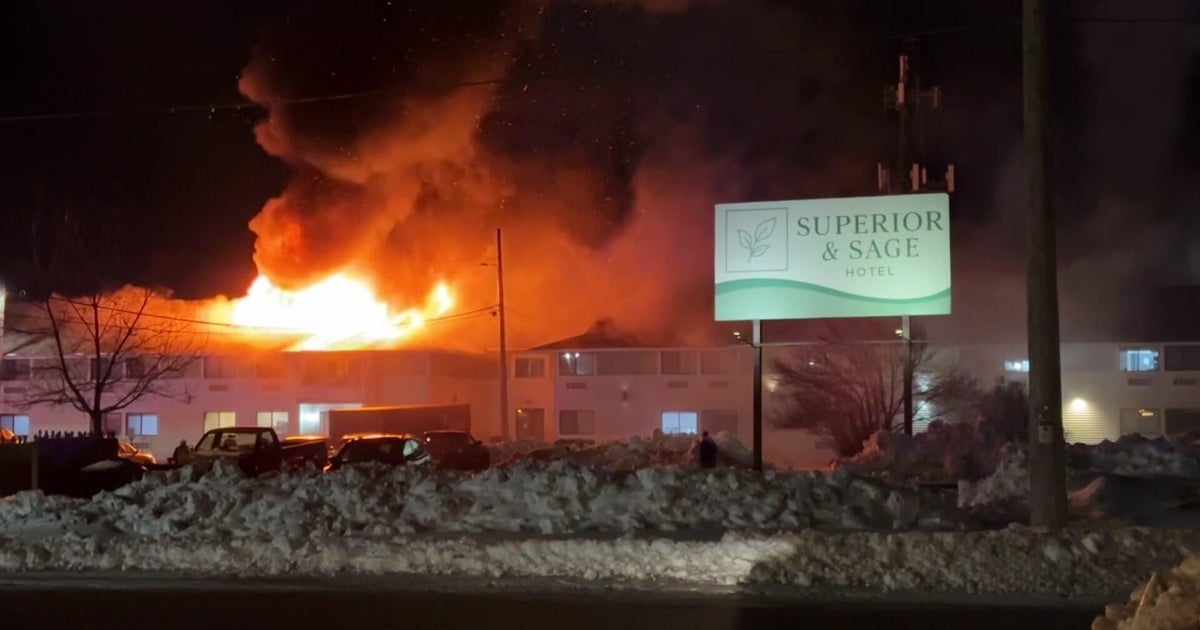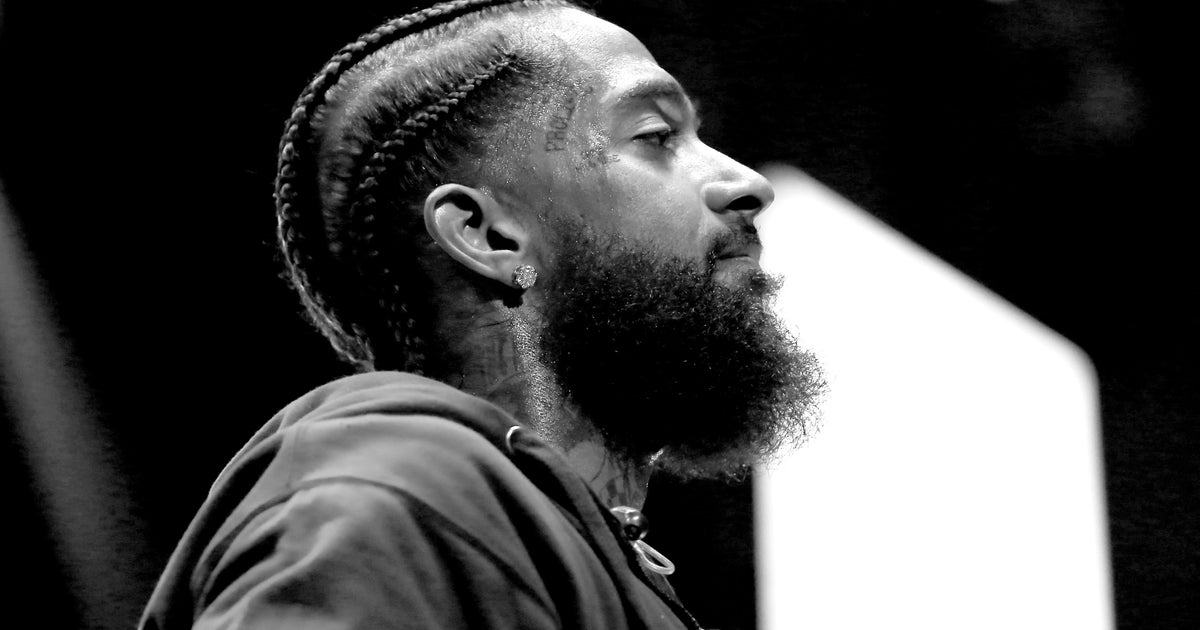Supreme Court Refuses To Hear $15 Minimum Wage Case
SEATTLE (AP) - The U.S. Supreme Court weighed in for the first time Monday on a $15-an-hour minimum wage, signaling it does not plan to stop the movement that is spreading across the nation, worker advocates say.
The justices refused to hear a challenge to Seattle's law, which franchise owners said discriminates against them by treating them as large businesses. It comes as several other cities and a group of states, including California and New York, have started to phase in a $15 minimum wage in recent months as the cost of living keeps rising.
RELATED: California $15 Minimum Wage Worries Business Owners, Excites Workers
State courts are considering several challenges to local minimum wage laws, which each take a slightly different approach, but no other cases are on their way to Supreme Court at this time, the National Employment Law Project said.
"The Supreme Court's action makes clear that the courts are not going to step in to block the raises that America's workers need," said Paul Sonn, general counsel and program director of the group that advocates for employment rights for lower-wage workers.
New York's law is being challenged in state court in a similar lawsuit brought by the fast food industry. Employers at Seattle-Tacoma International Airport have filed several legal challenges after the city of SeaTac, Washington, passed the first $15 wage in the U.S. The national minimum is $7.25 an hour.
Nearby Seattle closely followed, becoming one of the first cities to adopt a law in 2014 aiming for a $15 minimum wage. San Francisco changed its wage around the same time.
Seattle's law gives small businesses employing fewer than 500 people seven years to phase it in. Large employers must do so over three or four years, depending on whether they offer health insurance to their employees.
Five franchises and the International Franchise Association sued the city, saying the law treats Seattle's 623 franchises like large businesses because they are part of multistate networks. But the franchises say they are small businesses and should have more time to phase in the higher wage.
"Seattle's ordinance is blatantly discriminatory and affirmatively harms Seattle hard-working franchise small business owners every day since it has gone into effect," president of the International Franchise Association, Robert Cresanti, said in a statement. "We are simply attempting to level the playing field for the 600 local franchise business owners employing 19,000 people in Seattle."
The group said it was still deciding what its next steps would be but that it has been working to stop similar provisions from slipping into other local minimum wage laws. A spokesman says the group has been mostly successful in those efforts without having to file other lawsuits.
"The record of other cities rejecting this type of approach speaks equally loud, if not louder, than the non-decision that was made today by the court," said Matt Haller of the International Franchise Association.
A spokesman for a Seattle group advocating for employment laws including the $15 minimum wage said the success of the city's measure is perhaps more compelling than the Supreme Court's decision.
"We have a living experiment here that you can raise wages and the economy thrives," said Sage Wilson, a spokesman for Working Washington. "More people with more money is good for the economy and for businesses."
The Supreme Court did not comment on its order, which allowed a lower-court ruling to stand.
But the 9th U.S. Circuit Court of Appeals said in September that it did not believe the franchise association would succeed in its lawsuit and that the group was not persuasive in arguing that its members would be harmed.
Copyright 2016 The Associated Press.
